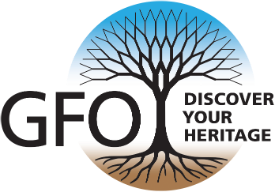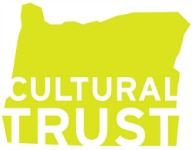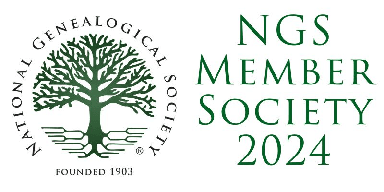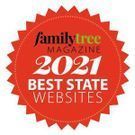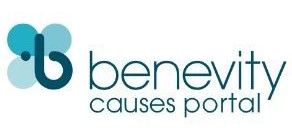New Zoom link as of 10pm, Sat., Aug. 8. Attendees, please check your email for the new link.
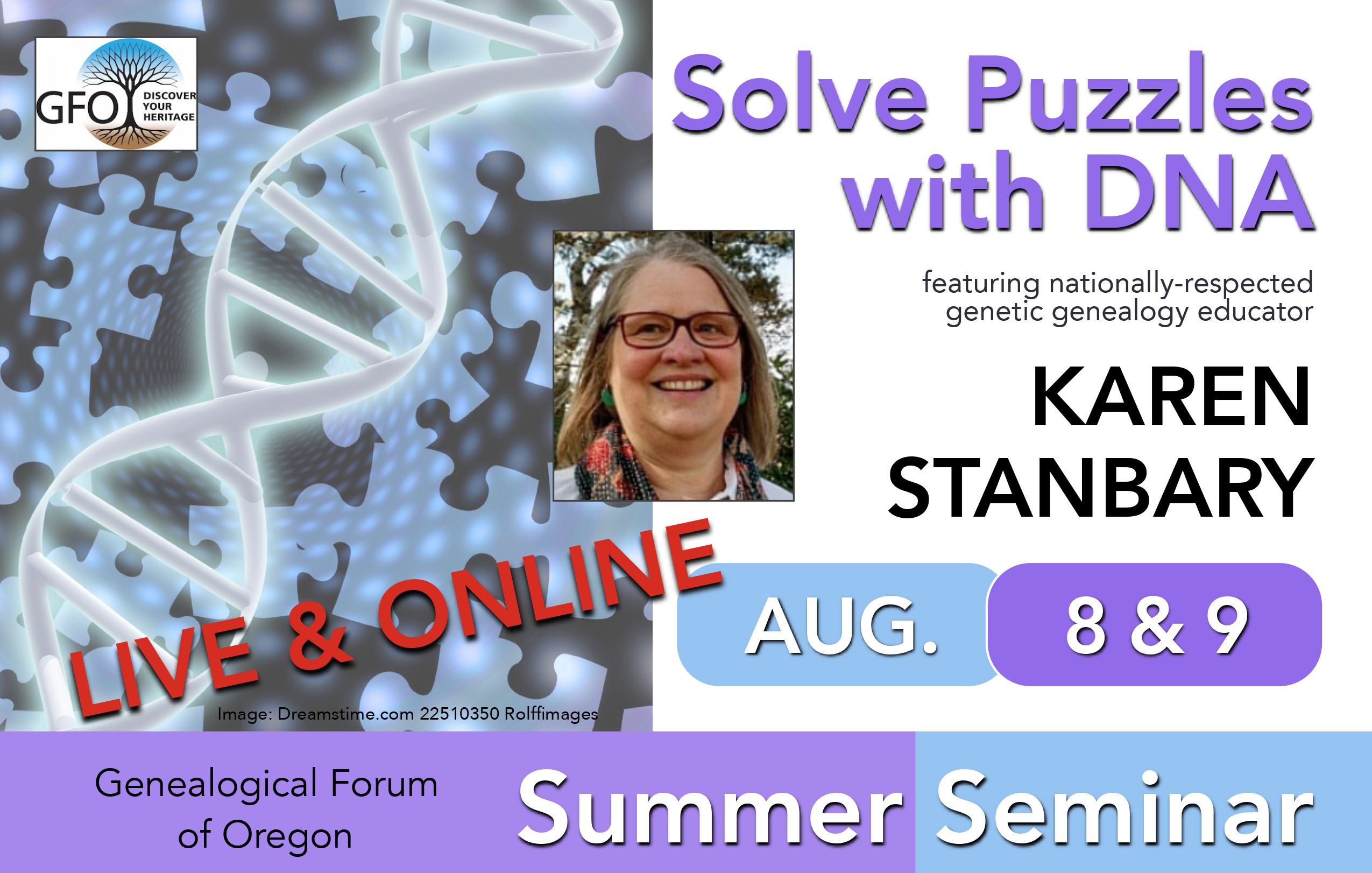
Summer Seminar: Solve Puzzles with DNA with Karen Stanbary
ONLINE MEETING LINK AND HANDOUT INFORMATION:
If you are registered for this event, you will receive an email no later than 5 p.m., Thurs., Aug. 6 with the electronic copy of the handout and the Zoom link to log in the day of the event. Everyone who registered before Aug. 2 received a confirmation email from the GFO on Sunday evening. If you have any questions, please email seminar@gfo.org.
This is a two-day, live and online event. Registration for either one or both days is online only.
All handouts are electronic - no paper hard copies - and are included with your registration.
Meet Our Speaker
Karen Stanbary, MS, LCSW, CG® is an author and national lecturer focusing on topics related to using genetic evidence correlated with documentary evidence to solve genealogical brick walls. She holds a Master’s Degree in Clinical Social Work from the University of Chicago and has completed advanced graduate study in Social Anthropology at the Colegio de Michoacán, Mexico.
She is a course coordinator and faculty member at three national genealogical institutes: GRIP
(Chromosome Mapping), IGHR (Intermediate DNA), and SLIG
(Meeting Standards Using DNA Evidence).
Karen received the NGSQ Award for Excellence for her complex evidence case study incorporating traditional documentary research and autosomal DNA analysis in the June 2016 issue. She holds the credential Certified Genealogist from the Board for Certification of Genealogists where she serves as a Trustee and is chair of the standing DNA Committee.
Saturday, August 8: Full-Day Seminar
Online Webinar - link will be sent to registered participants.
Syllabus - electronic copy included for both days.
Saturday Classes
Clinical Tips to Manage Conversations about Unexpected DNA Results
Karen, trained in advanced psychotherapy techniques with 30 years of clinical practice, helps people manage negative emotions upon receiving unexpected news. She offers tips to reduce stress and change the outcome of difficult conversations about unexpected DNA results. The tips are designed to change the cognitive frame from a discussion of rights to a discussion of respect and resiliency.
The DNA You Need - Elements of Creating a Testing Plan: Who to Test and Why
Targeted testing is far more efficient to solve genealogical problems than simply “fishing in the cousin pond.” Case examples illustrate efficient and focused targeted testing as part of the overall research plan to answer specific research questions.
Avoiding Common Mistakes When Working with atDNA
This lecture provides awareness of common analysis mistakes using atDNA test results that may lead to inaccurate relationship conclusions. Concepts include segment size, pedigree evaluation, blind trust, reasonably exhaustive research, confirmation bias, the myth of the triangulated segment and more.
Spit and You Shall Find! Autosomal DNA Identifies a Charming Scoundrel
This entertaining lecture is a case study integrating traditional documentary research and analysis of atDNA and X-DNA test results to identify the biological father of Karen's paternal great-grandmother. Skill demonstration includes: creation of a targeted DNA testing plan, reasonably exhaustive research in both documentary and genetic sources, correlation of shared DNA among members of a focal study group of genetic matches, elimination of competing hypotheses using inferential reasoning, X-DNA analysis, and evaluation of match pedigrees.
Sunday, August 9: Half-Day Seminar
Online Webinar - link will be sent to registered participants.
Syllabus - electronic copy included for both days.
Sunday Classes
Rafael Arriaga, A Mexican Father in Michigan: Autosomal DNA Helps Identify Paternity:
Combining DNA test results with documentary research identifies an unknown biological relationship. This case study illustrates the dynamic research process, gradually narrowing the possibilities until the evidence points to just one answer. The case is set in both Mexico and Grand Rapids, Michigan. It was published in the June 2016 issue of the National Genealogical Society Quarterly and won the 2016 NGSQ Award for Excellence.
A BIG Research Project—The Dalton Case:
Learn how Karen collaborates with a colleague to solve a long-standing genealogical problem set in the 18th century in Birmingham, England. She will discuss integrating genetic evidence into the existing body of documentary evidence to confirm biological siblings for a proven traced ancestor. Karen will illustrate the creation of a speculative descendant tree using DNA matches across five countries which will lead to a new phase of research planned to hypothesize the unknown biological parents of that ancestor.
